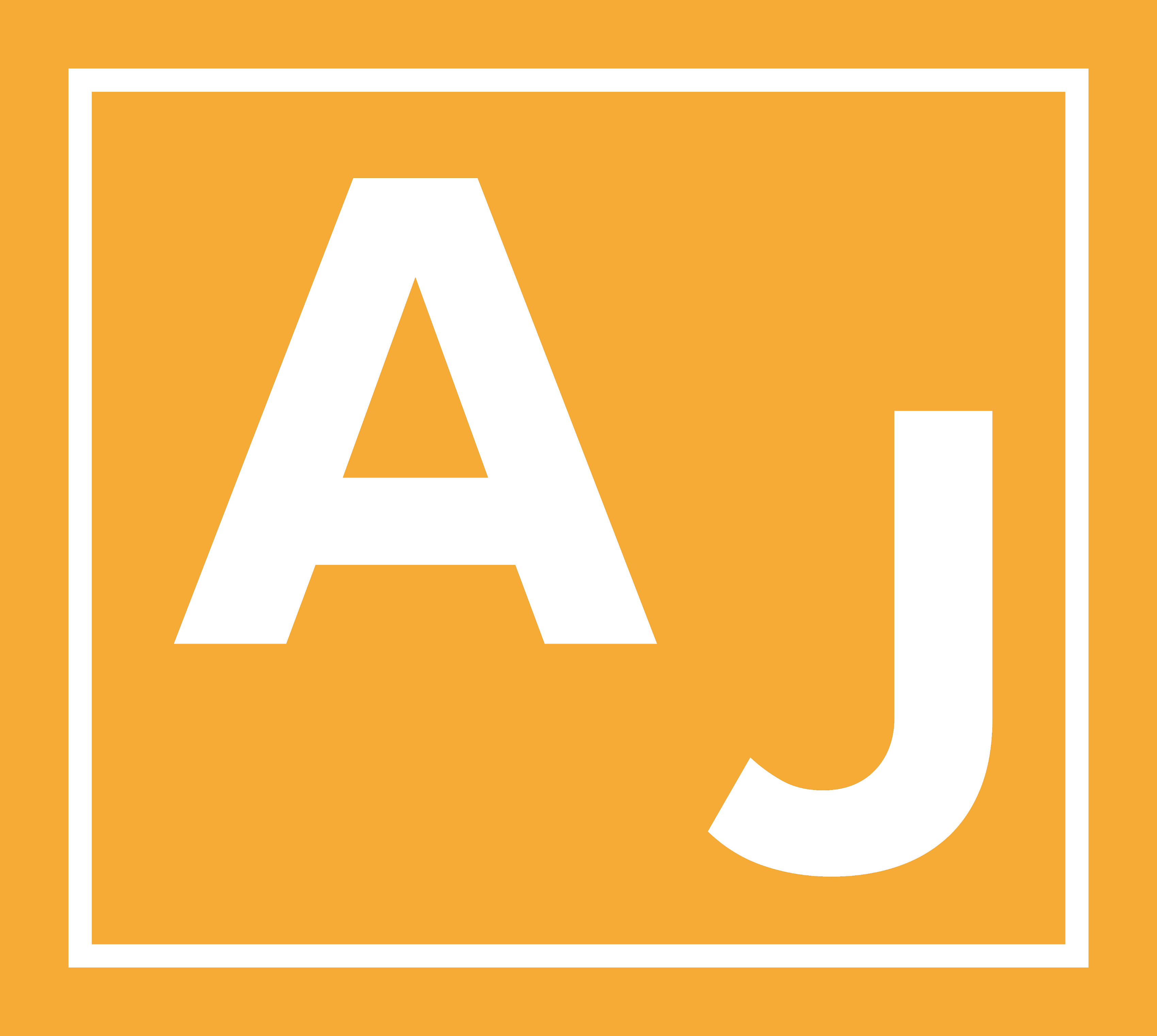Drinking from the Firehose: Why Obama Should Stay the Hell Off Twitter
Colin Delany [@epolitics] gives an interesting perspective on the question whether leading politicians should use Twitter:
But I’d also argue that Twitter is fundamentally a bad match for a Chief Executive, for exactly the same reasons that so many other people are drawn to it. Like the rest of the social media universe, Twitter is effectively unfiltered, with a low wheat-to-chaff ratio even if you’re careful whom you follow. In many ways this is a strength, since part of the fun of the service is that you get access to so much information and opinion coming in from so many directions.
This argument focuses on the value of unfiltered vs filtered information for politicians:
While unfiltered information is valuable for bloggers, journalists and those of us with short attention spans, it’s not usually the best thing with which to fill your time when your actions have real-world consequences for, well, the entire world.
This argument does not address the elements of mediated intimacy, access or public conversations that are quite useful to politicians using Twitter. Still this argument is probably a reason for the social media “glass ceiling” which the Belgian blogger Clo Willaerts [@bnox] identified last month in her talk at the Personal Democracy Forum Europe. Her term describes the phenomenon that even social media savvy politicians stop using social media channels once they reach a certain level of responsibility.
Maybe Delany’s argument will give some pause to the All-Politicians-Online-All-The-Time Pundits.
An Internet Politics Index to David Plouffe’s The Audacity to Win
Colin Delany once again: In this post Delany gives a very useful index of passages that deal with the internet and politics in David Plouffe‘s account of the Obama campaign The Audacity to Win, a book that I’ll address in more detail later this month.
Tom Peters: Cool Friends Interview with Garrison Keillor
As a nice diversion from politics I’d suggest this interview with Garrison Keillor. In this piece he talks among other things about his writing and editing process:
[…] as you get older, you learn how to throw it out without much thought, without much pity. You look at a piece that you’ve written, and you take those first three paragraphs, and you dump them. You just rip them out. Usually, that’s the part that needs to be thrown out, the big windup, the big introduction. The first page almost always can go. You learn to do that without regret. I edit myself much more quickly and mercilessly now than I ever could have 20, 30 years ago.
Other topics are his show The Prairie Home Companion, the director Robert Altman, public speaking and the durability of sonnets.
If by any cruel twist of fate the name Garrison Keillor means nothing to you have a look at Garrison Keillor: The Man on the Radio in the Red Shoes or listen to his News from Lake Wobegon.
From Cool Hunters to Chief Culture Officers: An Interview with Grant McCracken
While preparing a talk on the role of convergence in the online campaigns of various German parties in the run up to the German Bundestagswahl 2009 I turned once again to the work and blog of Henry Jenkins. There I stumbled on this great talk by Grant McCracken at the Futures of Entertainment 4 Conference. In this presentation McCracken introduces his concept of the Chief Culture Officer and its potential for companies:
Corporations have been notoriously bad at reckoning with culture. They manage the “problem of culture” with ad hocery of many kinds. They call on ad agencies, consultants, gurus and cool hunters and, when all else fails, the intern down the hall. But there is no single person and, worse, there is no senior manager. Even as culture grows ever more dynamic, various, demanding, and participatory. So that’s my argument: there ought to be someone in the C-Suite who’s job it is to reckon with culture and to spot the opportunities and dangers it represents.
McCracken’s book just made it on my to-read list.
